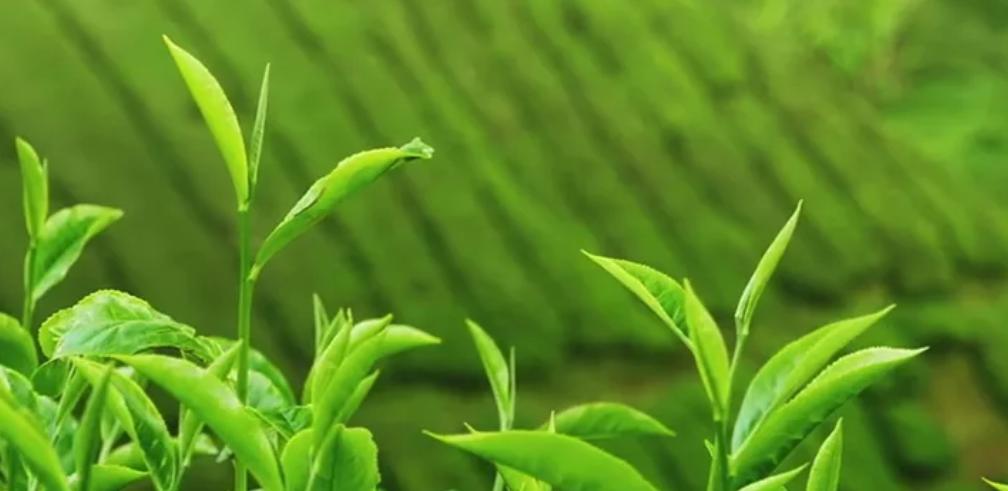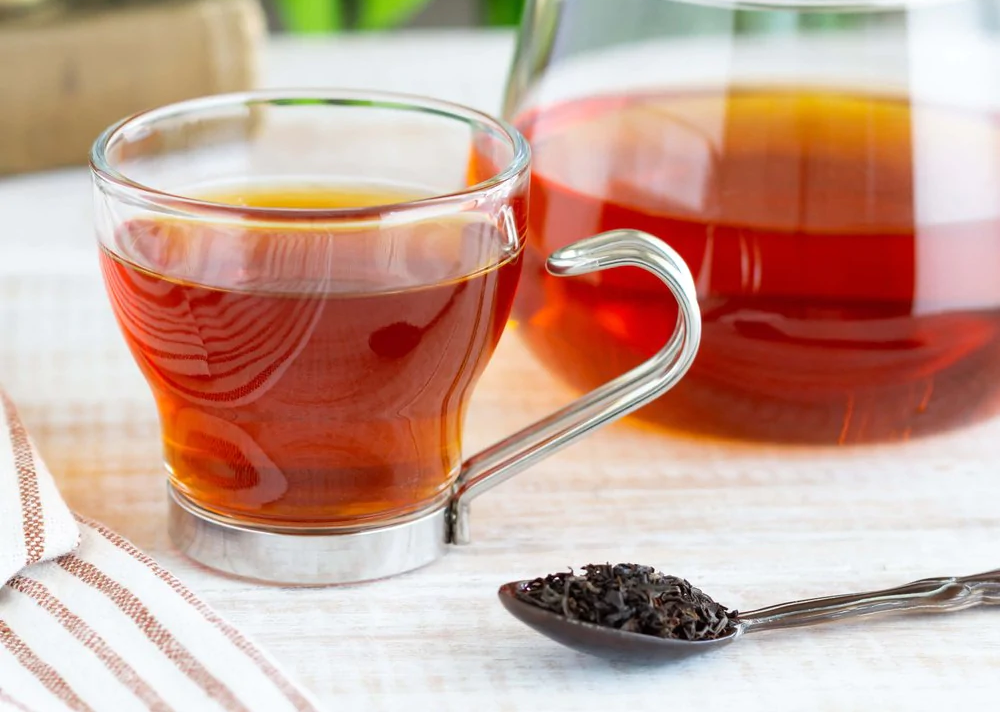What is tea?
Many people drink tea for pleasure, but it is good to mention that there are many health benefits of drinking tea. Tea is a drink made from the leaves of the Camellia sinensis plant.
It is one of the most widely consumed beverages in the world and has a long history of use in many cultures for its flavor and potential health benefits. There are several types of tea, including black tea, green tea, oolong tea, and white tea, which differ in their processing and flavor.

Food safety knowledge is for all!

Every consumer deserves to have high quality and safe food. …Read more!

Types of tea
Here is a brief overview of the processing methods for the most popular commercial teas:
- Black tea: Black tea is the most widely consumed type of tea worldwide. The processing of black tea involves all the steps outlined in my previous answer, plucking, withering, rolling, oxidation, and drying. After rolling, the leaves are left to oxidize for several hours, which turns the leaves a dark brown or black color and gives them a strong, robust flavor.
- Green tea: Green tea is made from leaves that are not allowed to oxidize, which gives it a lighter color and a more delicate flavor than black tea. The processing of green tea typically involves plucking, withering, rolling, and then pan-firing or steaming the leaves to halt the oxidation process and preserve the green color.
- Oolong tea: Oolong tea is a semi-oxidized tea, which means it is partially oxidized. The processing of oolong tea involves plucking, withering, rolling, and then allowing the leaves to oxidize for a short period of time, usually between 8-80% depending on the variety. This results in a tea that is in between green and black tea in color and flavor.
- White tea: White tea is made from the youngest leaves of the tea plant and are simply withered and dried, without rolling or oxidation, which gives it a very light color and delicate flavor.
- Pu-erh tea: Pu-erh tea is made from leaves that are aged and fermented, which gives it a dark color and a strong, earthy flavor. The processing of Pu-erh tea involves plucking, withering, rolling, and then allowing the leaves to oxidize for a short period of time. After that, the leaves are then pressed into cakes and aged for several years, which ferments the tea.
It’s worth noting that each of these teas are made differently by different tea producers and regions, and that the quality of the raw materials and the techniques used will affect the final product.
Phytochemicals present in tea
Tea leaves contain a variety of phytochemicals. Phytochemicals are known bioactive substances that deliver health benefits to humans. Below is a list of phytochemicals present in tea that people may benefit from:
- Catechins: These are a type of flavonoid and a type of polyphenol that have potent antioxidant properties. They are found primarily in green tea.
- Polyphenols: These are a large group of compounds that have antioxidant properties and are found in all types of tea.
- Theaflavins: These are a group of polyphenols found in black tea that are formed from the oxidation of catechins during the tea-making process.
- Epigallocatechin-3-gallate (EGCG): This is a type of catechin found in green tea and is one of the most potent antioxidants found in tea.
These phytochemicals are thought to play a role in the health benefits associated with tea consumption, but more research is needed to fully understand their effects on the body. Drinking tea as part of a balanced diet and combined with regular physical activity can help you increase your intake of these phytochemicals and potentially reap their health benefits.

Health benefits of drinking tea
The health benefits of tea are thought to come from the phytochemicals, such as polyphenols and catechins, found in the tea leaves. These compounds have been linked to a variety of health benefits, including improved heart health, reduced risk of certain types of cancer, and improved cognitive function. Drinking tea as part of a balanced diet can help you increase your phytochemical intake and potentially reap these health benefits. Below is a list of some potential health benefits of drinking tea:
- Improved heart health: Some studies have shown that drinking tea, especially green tea, can help improve heart health by reducing blood pressure and cholesterol levels.
- Reduced risk of certain types of cancer: Some studies have suggested that drinking tea, particularly green tea, may be associated with a reduced risk of certain types of cancer, such as breast, prostate, and colorectal cancer.
- Improved cognitive function: Some studies have shown that drinking tea, particularly green tea, may improve cognitive function and reduce the risk of cognitive decline.
- Antioxidant properties: Tea contains antioxidants, such as polyphenols and catechins, which help protect cells from oxidative damage and reduce the risk of chronic diseases.
- Improved gut health: Some studies have shown that drinking tea, particularly green tea, may improve gut health by promoting the growth of beneficial bacteria and reducing inflammation.
- Reduced stress: Some studies have shown that drinking tea, particularly black tea, may help reduce stress and improve mood.
- Improved skin health: Some studies have shown that the antioxidants in tea, particularly green tea, may improve skin health by reducing inflammation and protecting against UV damage.
It is important to note that more research is needed to fully understand the health benefits of tea and these potential benefits are still being studied. Drinking tea should be part of a balanced diet and combined with regular physical activity and avoiding tobacco and excessive alcohol consumption.
Listen and learn instead!
Our Blog ↗
Read the latest from our blog
Ask a Question ↗
Ask a question and get answers from our community
Give Feedback ↗
We value your feedback.

